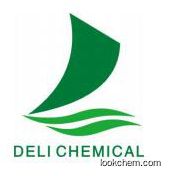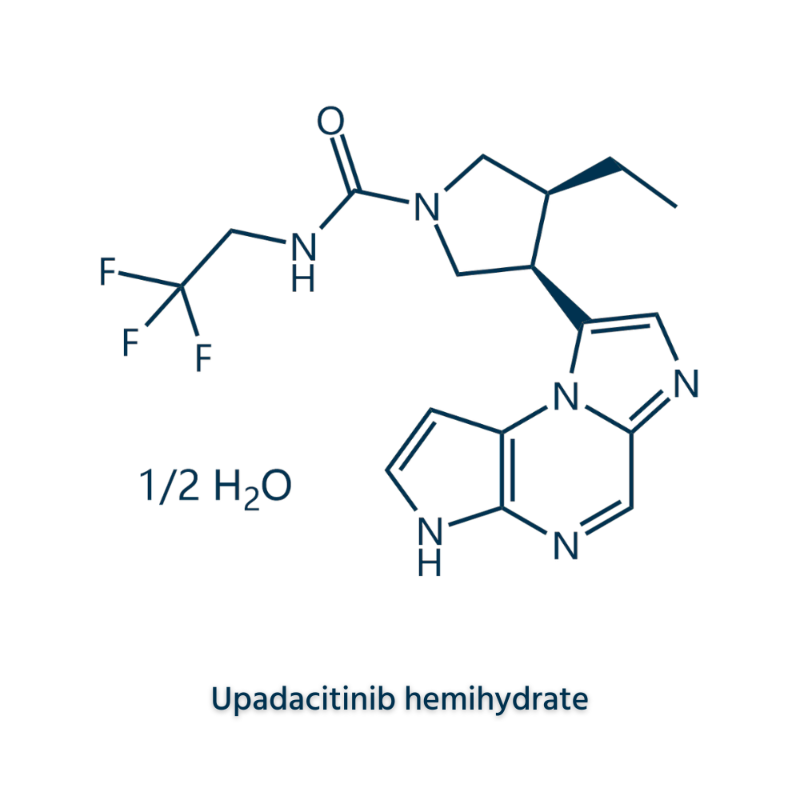Lancet oncol: ATR inhibitors in combination with gisythabin can prolong the non-progressive survival of patients with high-level slurry ovarian cancer with platinum resistance
-
Last Update: 2020-07-14
-
Source: Internet
-
Author: User
Search more information of high quality chemicals, good prices and reliable suppliers, visit
www.echemi.com
Highly slurry-basedovarian cancershow increased replication pressure, sensitivity to ATR inhibition (due to near-universal loss of G1/S checkpoints due to the "TP53 harmful mutation"), premature entry into Stage S (due to CCNE1 amplification, RB1 deficiency, or CDKN2A mRNA down), homologous recombination repair gene mutations, and carcinogenic drive gene expression (through MYC amplification and other mechanisms)The researchers speculated that the tolerance and efficacy of selective ATR inhibitors berzosertib and Gisitabin combined therapy for high-level slurry-based ovarian cancer were superior to those of gixiitabin alone, the researchers conducted a multicenter randomized Phase II clinical trial to test the hypothesis by recruiting patients over the age of 18 with recurrent, platinum-resistant high-level slurry-resistant ovarian cancerThe subjects were randomly assigned to the experimental group (Gisitabin-berzosertib) or the control group (Gisitabin) and treated until the condition progressed or became intolerable toxicThe main node is the no-progress survival periodfebruary 14, 2017 - September 7, 2018, 88 patients were assessed, of whom 70 were randomly assigned to two groups (34 in the experimental group and 36 in the control group)As of February 21, 2020, the median follow-up time of the experimental group and the control group was 53.2 weeks (IQR 25.6-81.8) and 43 weeks (23.2-69.1), respectively, with no progress survival Periods are 22.9 weeks (90% CI 17.9-72.0) and 14.7 weeks (9.7-36.7; risk ratio 0.57,90% CI 0.33-0.98)The most common adverse reactions of level 3 and above were a decrease in neutrophil count (39% vs 47%) and a decrease in platelet count (6% vs 24%)The experimental group observed 9 cases (26%) of severe adverse reactions, compared with 10 (28%) in the control groupOne treatment-related death in each of the two groups (the experimental group died of pneumonia and the control group died of sepsis)is understood to be the first randomized study of ATR inhibitors used in cancer, regardless of cancerThe study showed that the benefits of adding ATR inhibitor berzosertib to platinum-resistant high-level slurry ovarian cancer in gisythamine therapy suggest that the joint programme merited further study in this context
This article is an English version of an article which is originally in the Chinese language on echemi.com and is provided for information purposes only.
This website makes no representation or warranty of any kind, either expressed or implied, as to the accuracy, completeness ownership or reliability of
the article or any translations thereof. If you have any concerns or complaints relating to the article, please send an email, providing a detailed
description of the concern or complaint, to
service@echemi.com. A staff member will contact you within 5 working days. Once verified, infringing content
will be removed immediately.







